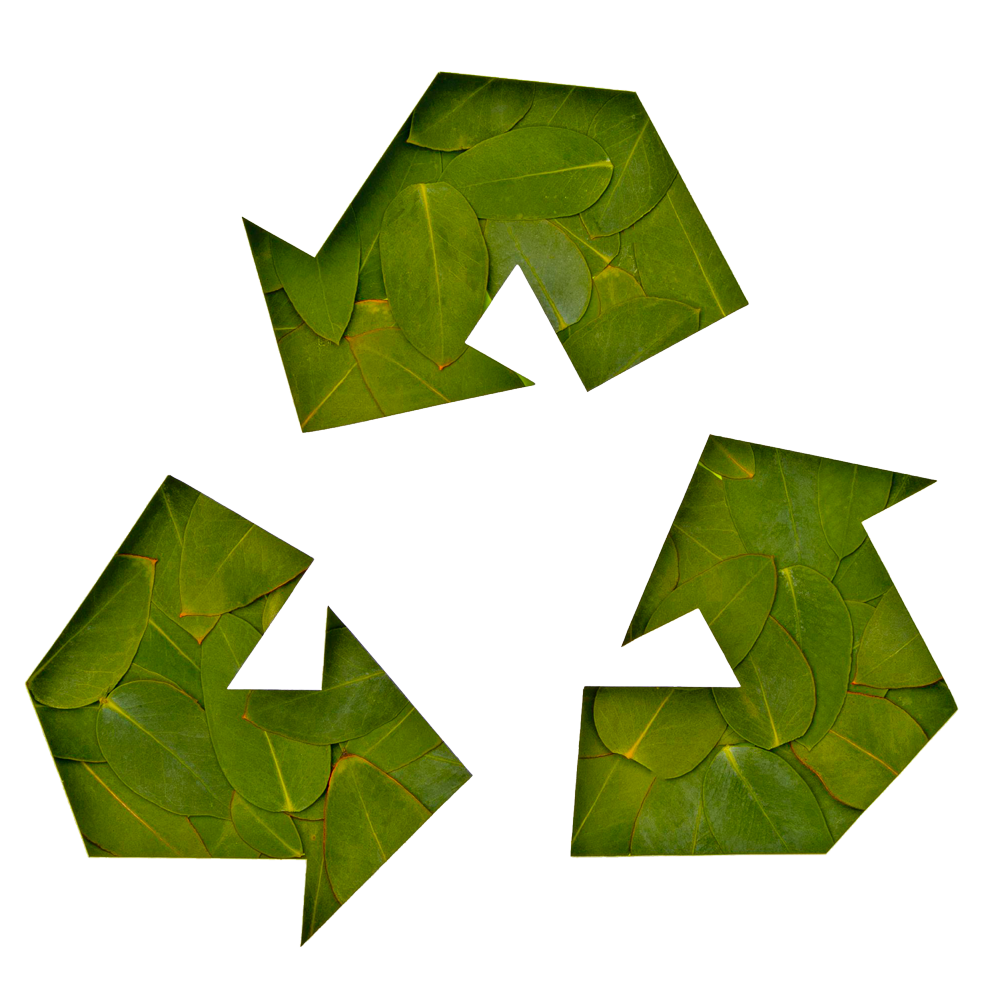Pomurska biogas power plants
HUN-SLO renewable energy
Situated within 50km of the Slovenian-Hungarian border, the Pomurska-based plants run primarily on maize silage procured from Hungary and Slovenia at Vucja Vas and on food wastes at Dobrovnik.
The site is an example of inter-country cooperation in renewable power generation. It also serves as an organic waste management solution, processing digestible waste from both countries.
Once processed, the end result is biogas, used for heat and electricity, and digestate, a nutrient-rich fertiliser, which is ploughed back into Hungarian and Slovenian soil.
Ongoing investment in procurement, production, research, efficiencies, technology, and innovation increases the value production as a demonstration site for biogas performance. Its facilities run 24-hours a day, seven days a week.
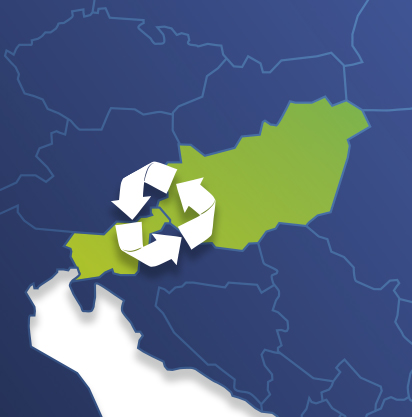
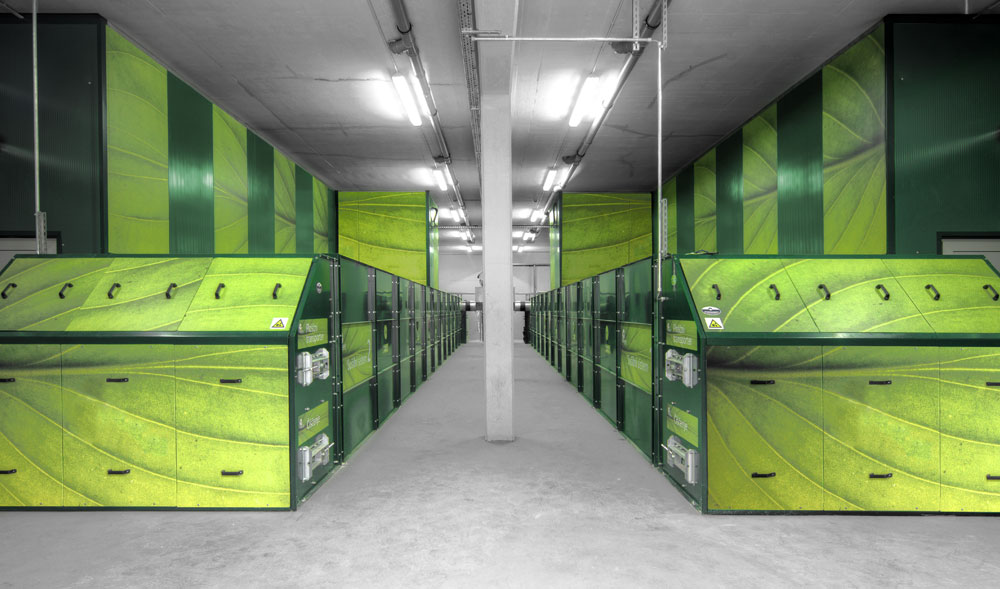
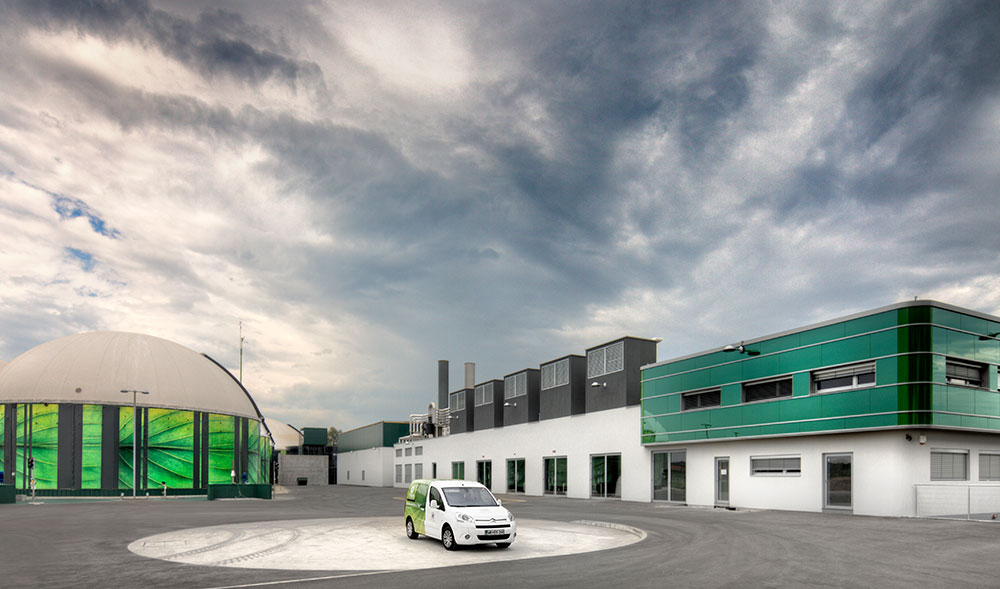
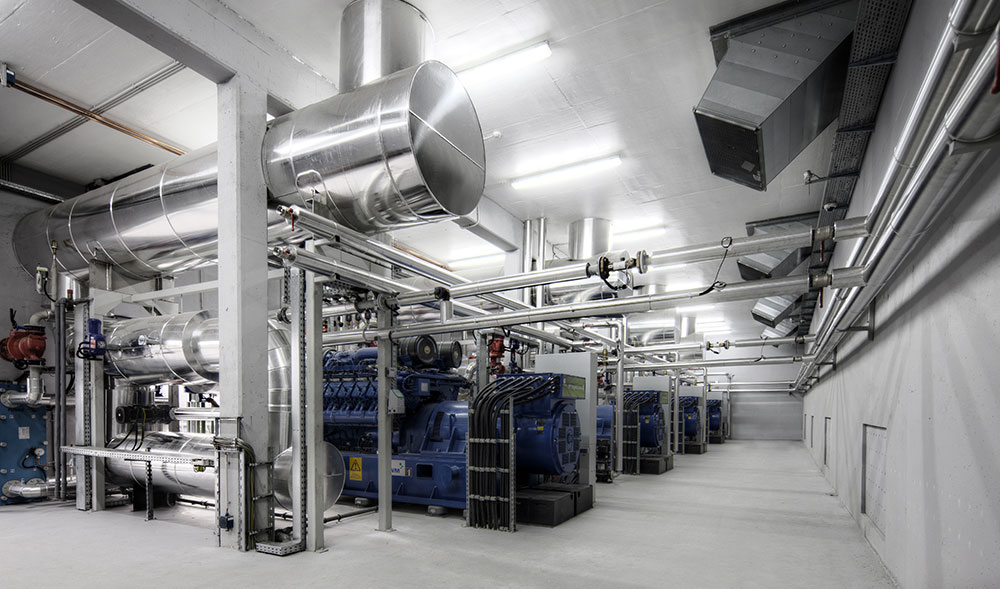
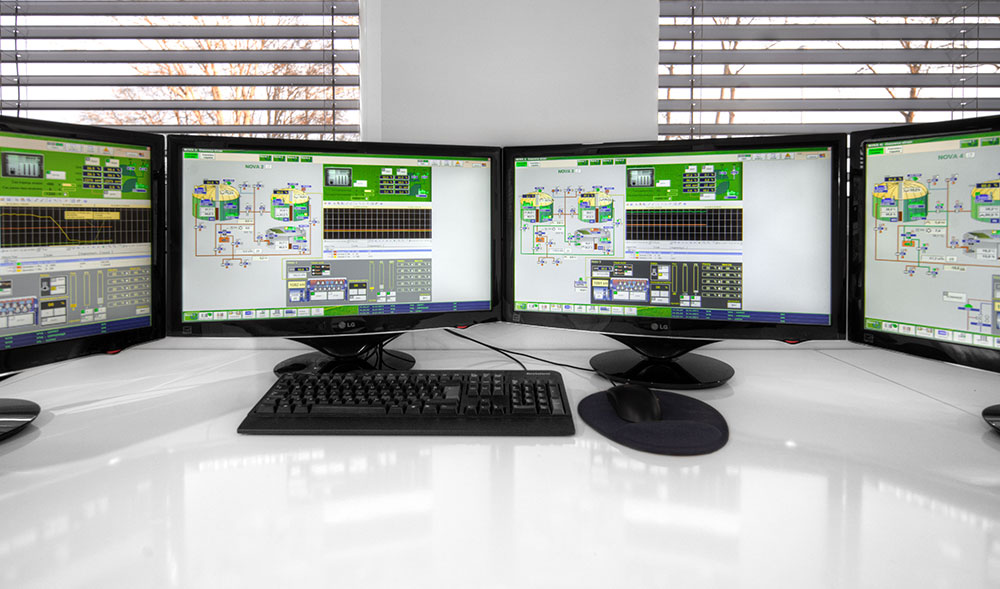
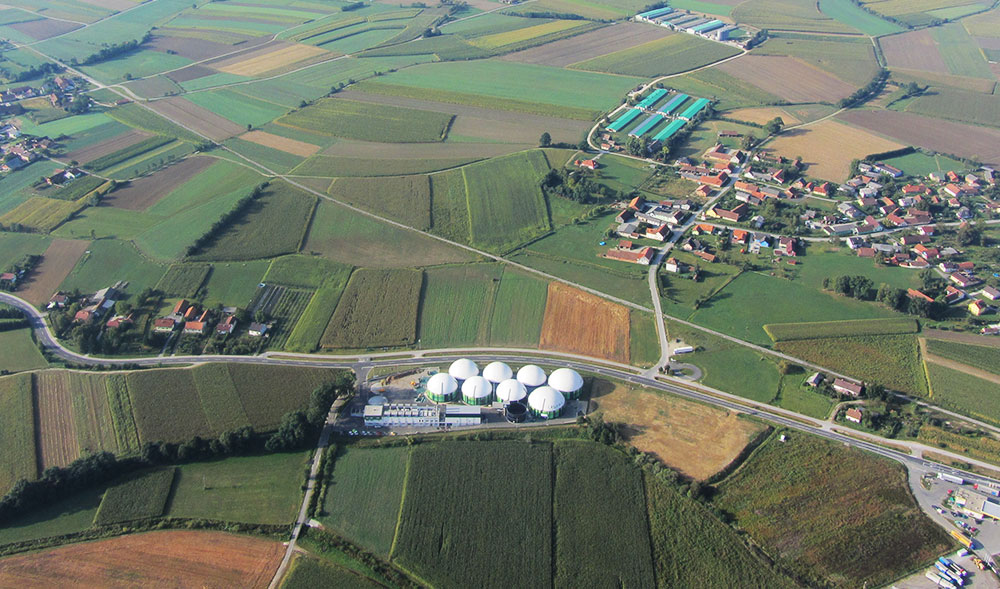
Vučja Vas Plant
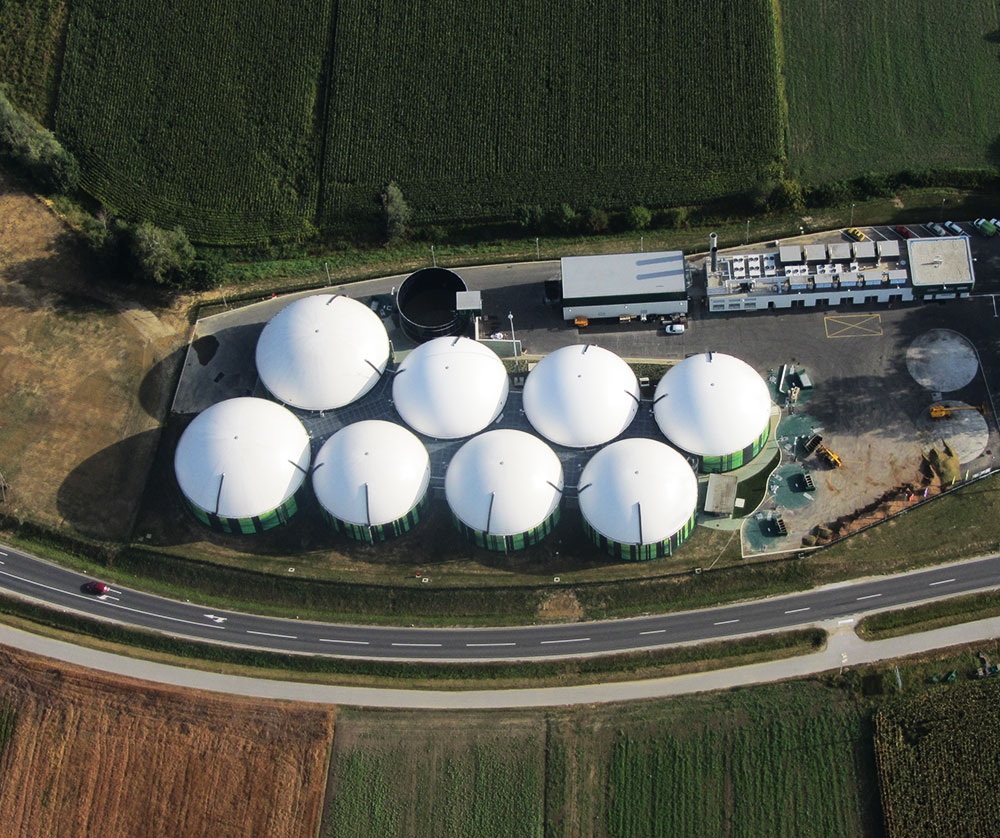
Located in Križevci pri Ljutomeru in the Pomurska region, the 4MW/hour plant processes 70,000 tonnes of maize silage and corn by-products from Pannonia Bio Zrt’s bioethanol facility annually, utilizing state-of-the-art production methods to generate power through biogas. >5000 tons of digestate is produced annually, ploughed back into both Hungarian and Slovenian soil as nutrient-rich fertiliser.
Dobrovnik Plant
The Dobrovnik plant is licensed for 34,500 tonnes of waste per year. Like the Vucja Vas plant, Dobrovnik utilizes state-of-the-art production methods to generate power through biogas, and a biogas upgrading system is imminent to convert biogas to biomethane.
Innovation at Pannonia Bio Gas is continuous, with which we have made gains in feedstock efficiencies, yields and volumes. These improvements make the operation ever more secure for long-term success and development in the region. Ongoing investment in procurement, production, research, efficiencies, technology, and innovation increases the value production as a demonstration site for biogas performance. The plant runs 24–hours a day, seven days a week.
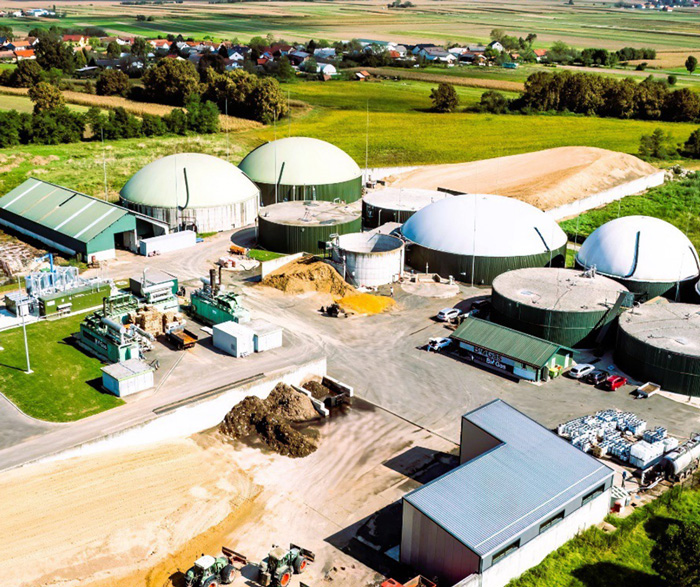
Sustainable organic waste solution
Crop silage, crop waste, and food wastes are currently utilised as feedstock at Vučja Vas and Dobrovnik with plans to expand feedstock methodology.
Converting these wastes into biogas prevents them from going into landfills where the resulting methane and other gases would otherwise be released as harmful greenhouse gases (GHG), which are many times more powerful than carbon dioxide at warming the Earth and contributing to climate change. By controlling and optimising the digestion process, Pannonia Bio Gas accomplishes the dual purpose of creating renewable energy whilst mitigating climate change.
